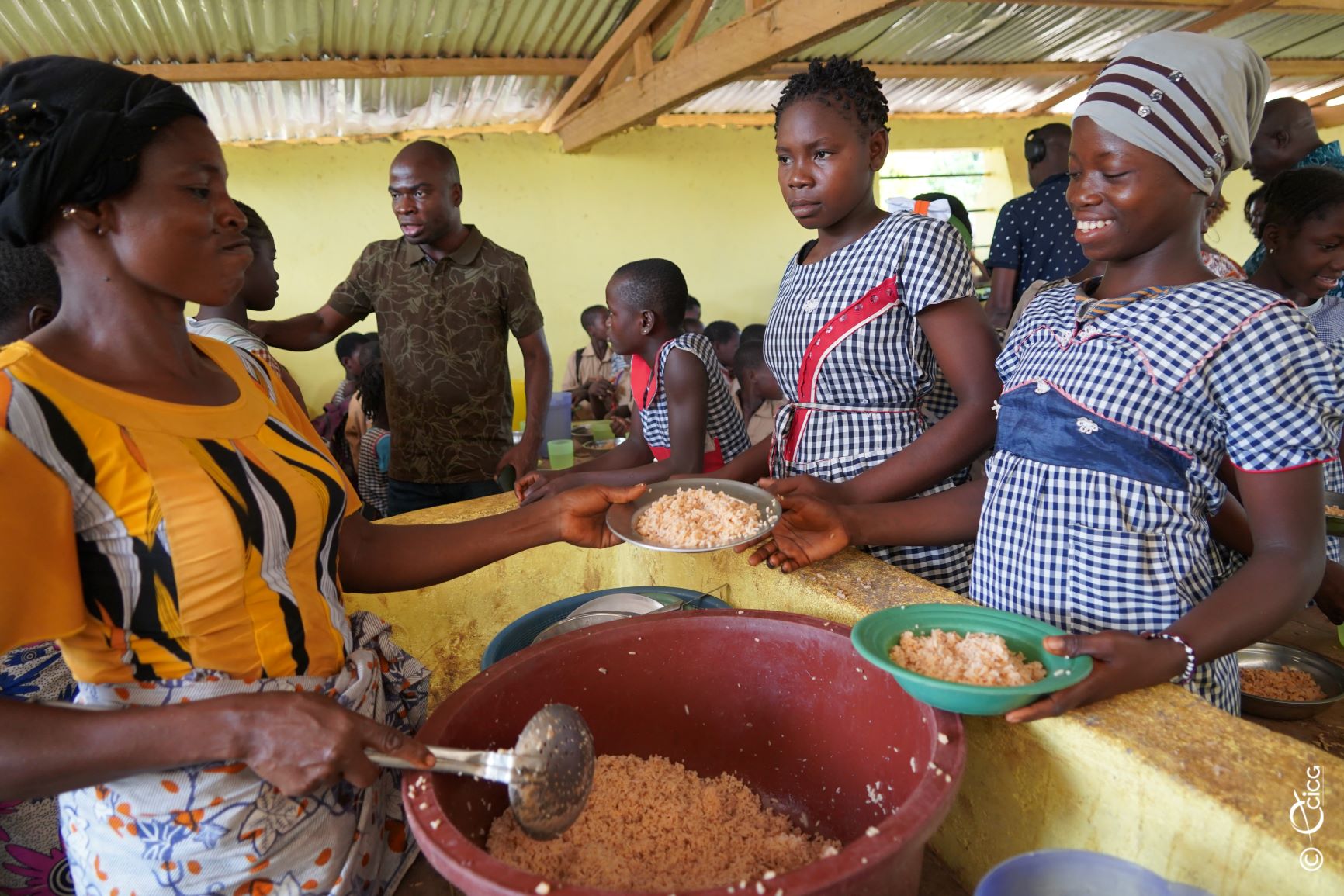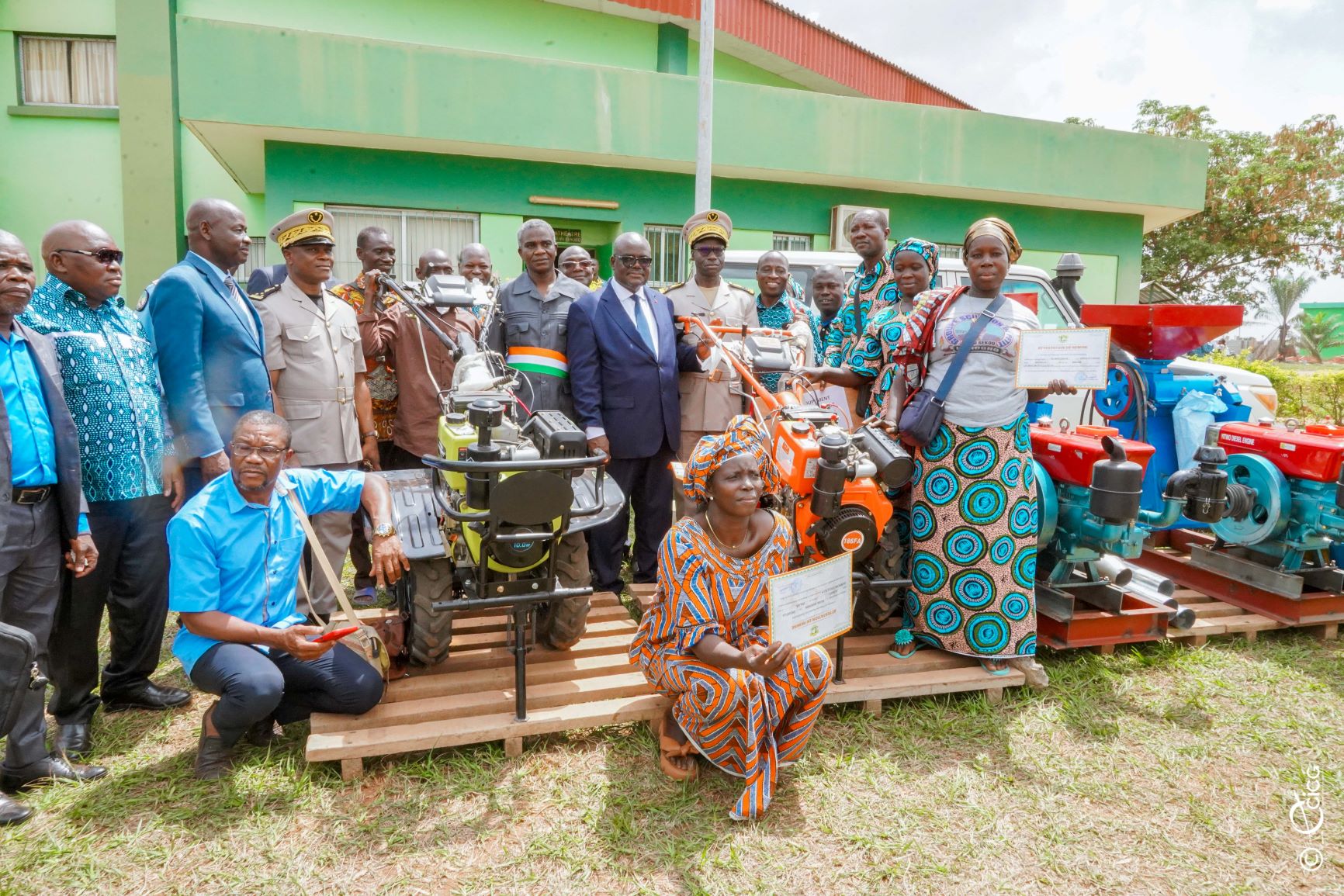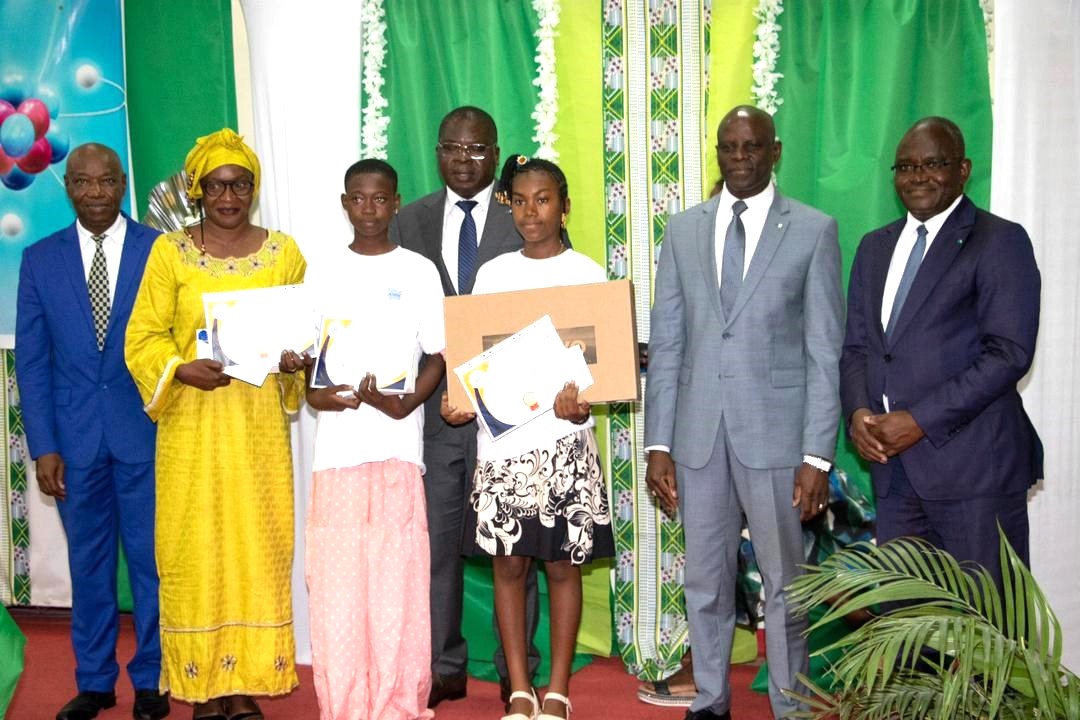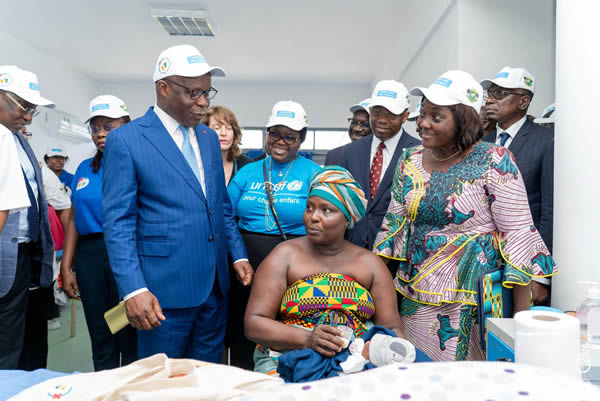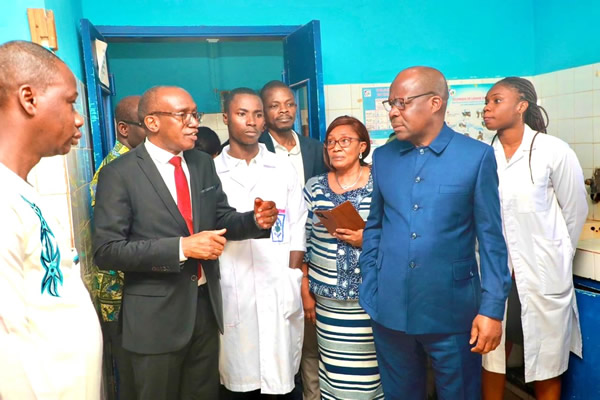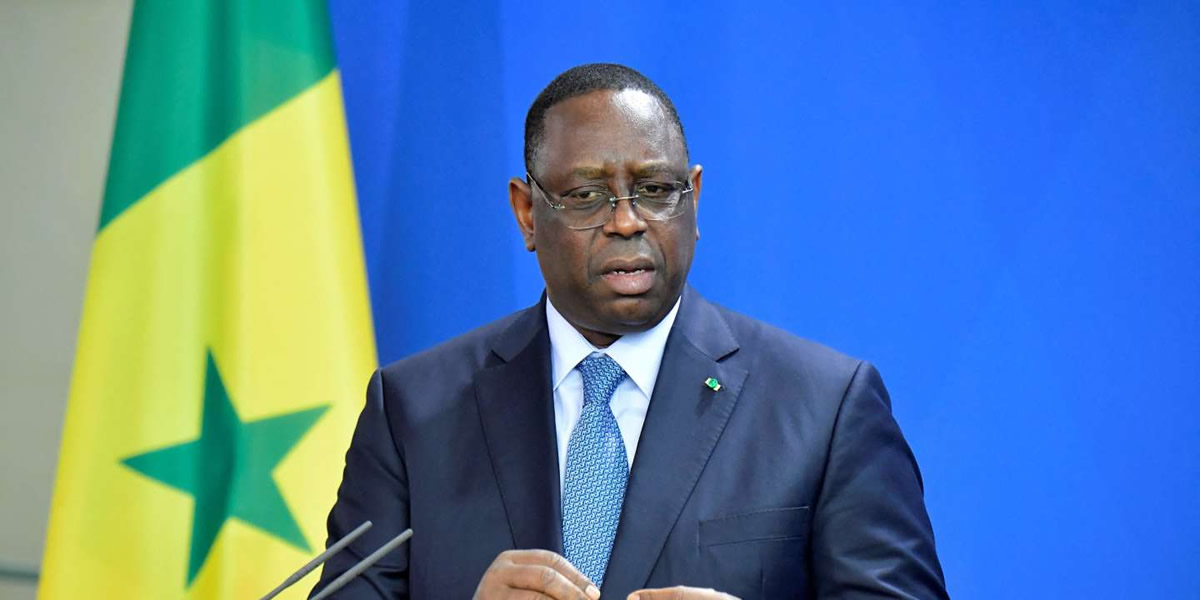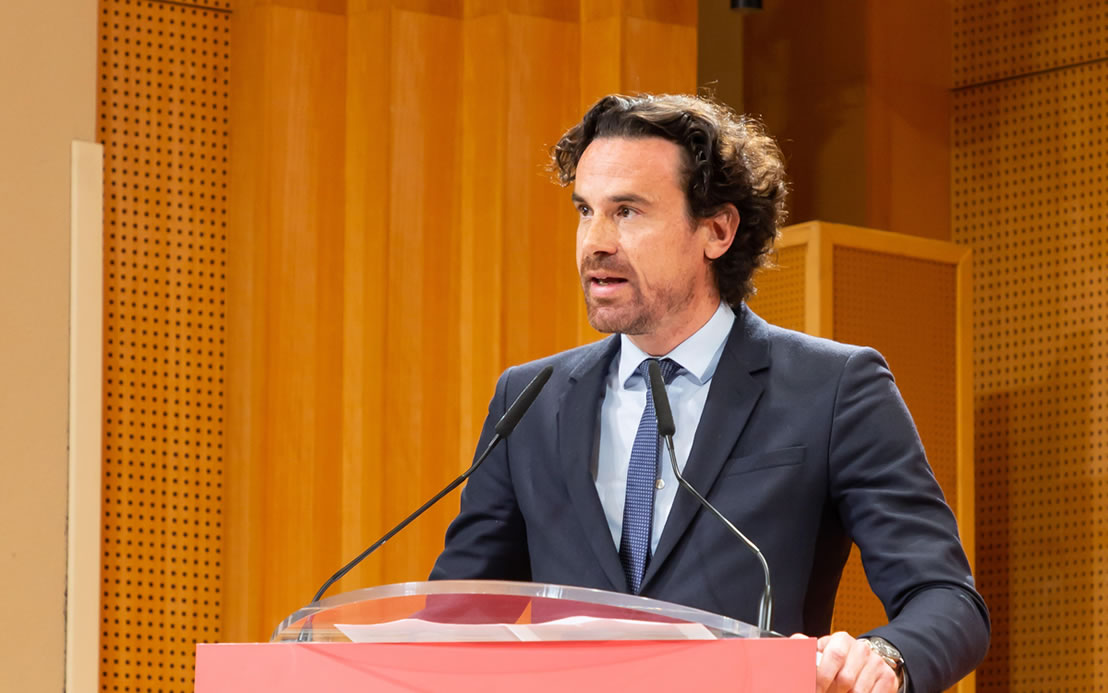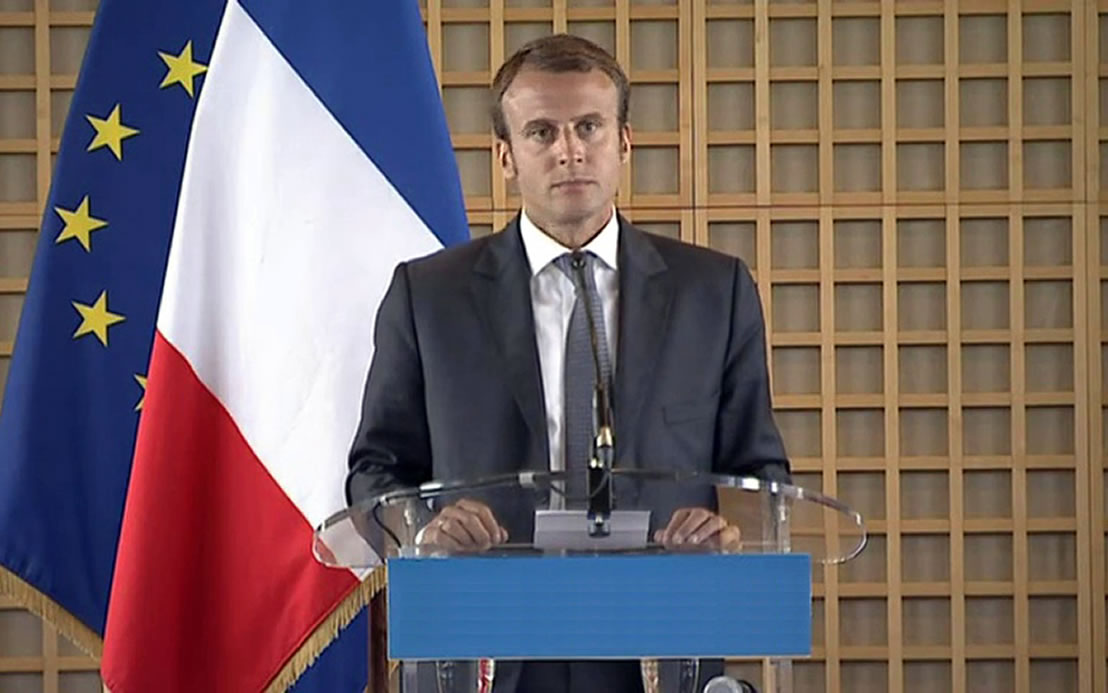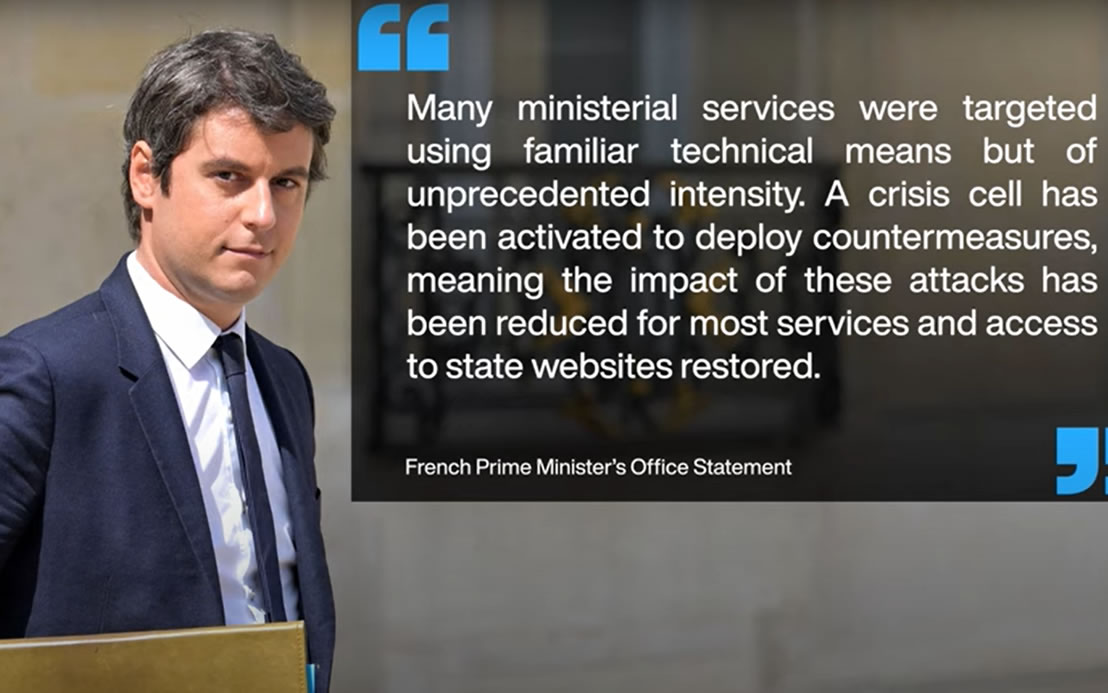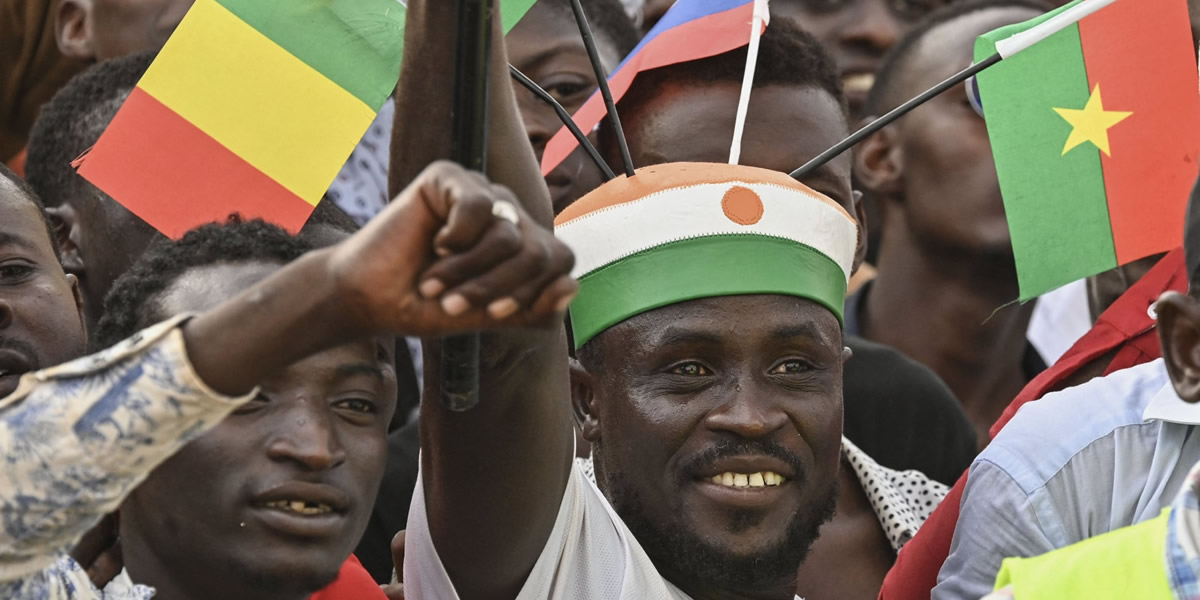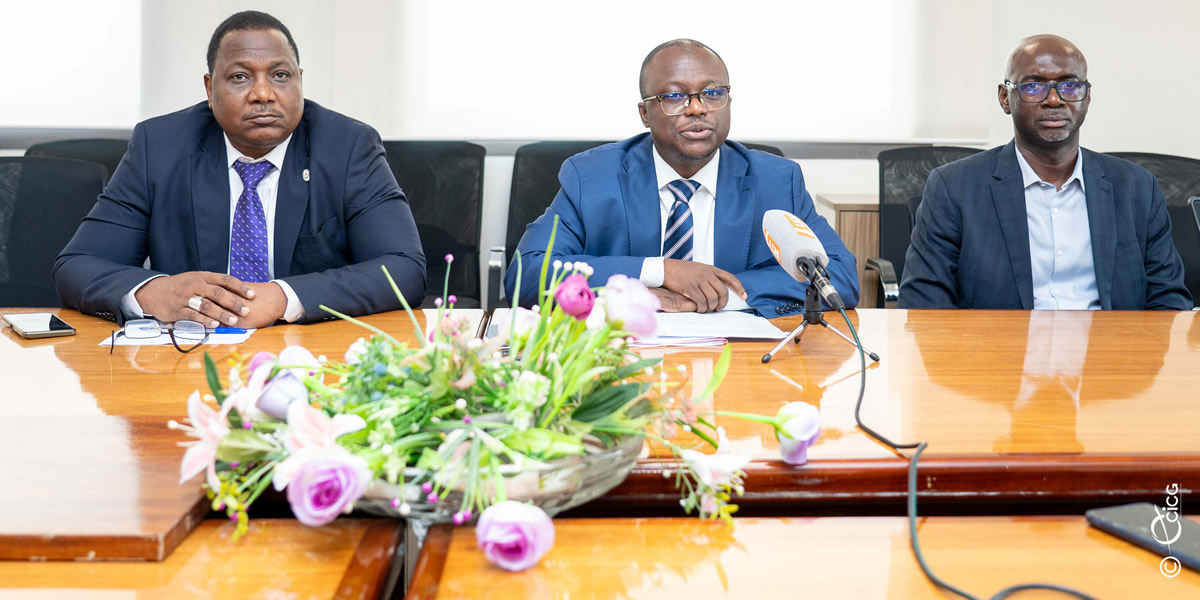The Turmoil Unfolds: Delay and Discontent
Senegal witnessed one of its worst crises in decades when President Sall unexpectedly postponed the presidential election, initially slated for February 25. This abrupt delay triggered violent protests in this traditionally stable West African country, with accusations from the opposition and civil society suggesting a potential term extension tactic.
Constitutional Council's Intervention: A Constitutional Conundrum
Amidst the chaos, the Constitutional Council stepped in, declaring that fixing the election date beyond the current president's term violates the constitution. The council cited the executive's "inertia" in setting the date, asserting its role in determining the electoral timeline.
Leadership Changes and Political Maneuvers
Responding to the shifting electoral calendar, the presidency announced Prime Minister Amadou Ba's release from his post, appointing Interior Minister Sidiki Kaba to lead President Sall's campaign. This strategic move aims to navigate the complex political terrain amid heightened tensions.
National Dialogue and Recommendations: Unraveling the Political Quagmire
President Sall sought a way out of the turmoil through a "national dialogue," which recommended a June 2 election date and suggested Sall remain in office until his successor is installed. However, the Constitutional Council rejected this proposal, emphasizing the need for adherence to the existing electoral framework.
Amnesty Bill: Controversial Path to Stability
In parallel, a controversial amnesty bill was introduced, covering acts related to deadly protests between February 1, 2021, and February 25, 2024. The bill, debated and adopted late Wednesday, aims to calm the political and social climate. Critics argue it could shield serious offenders, raising concerns about justice for victims of past unrest.
Potential Ramifications: Ousmane Sonko and Beyond
The political unrest in Senegal between 2021 and 2023, marked by clashes, injuries, and arrests, centered around opposition figure Ousmane Sonko. Detained since July 2023 and disqualified from the presidential race, questions arose about Sonko's potential return and the impact of the amnesty on his status. The Constitutional Council's decisions appear to rule out Sonko's comeback but may pave the way for his release and that of his party's key figure.
Conclusion: A Delicate Balance for Senegal's Future
As Senegal navigates the intricate web of a delayed presidential election, constitutional challenges, and a divisive amnesty bill, the country stands at a critical juncture. The decisions made in the coming weeks will shape not only the immediate political landscape but also the nation's stability and prospects for the future.




